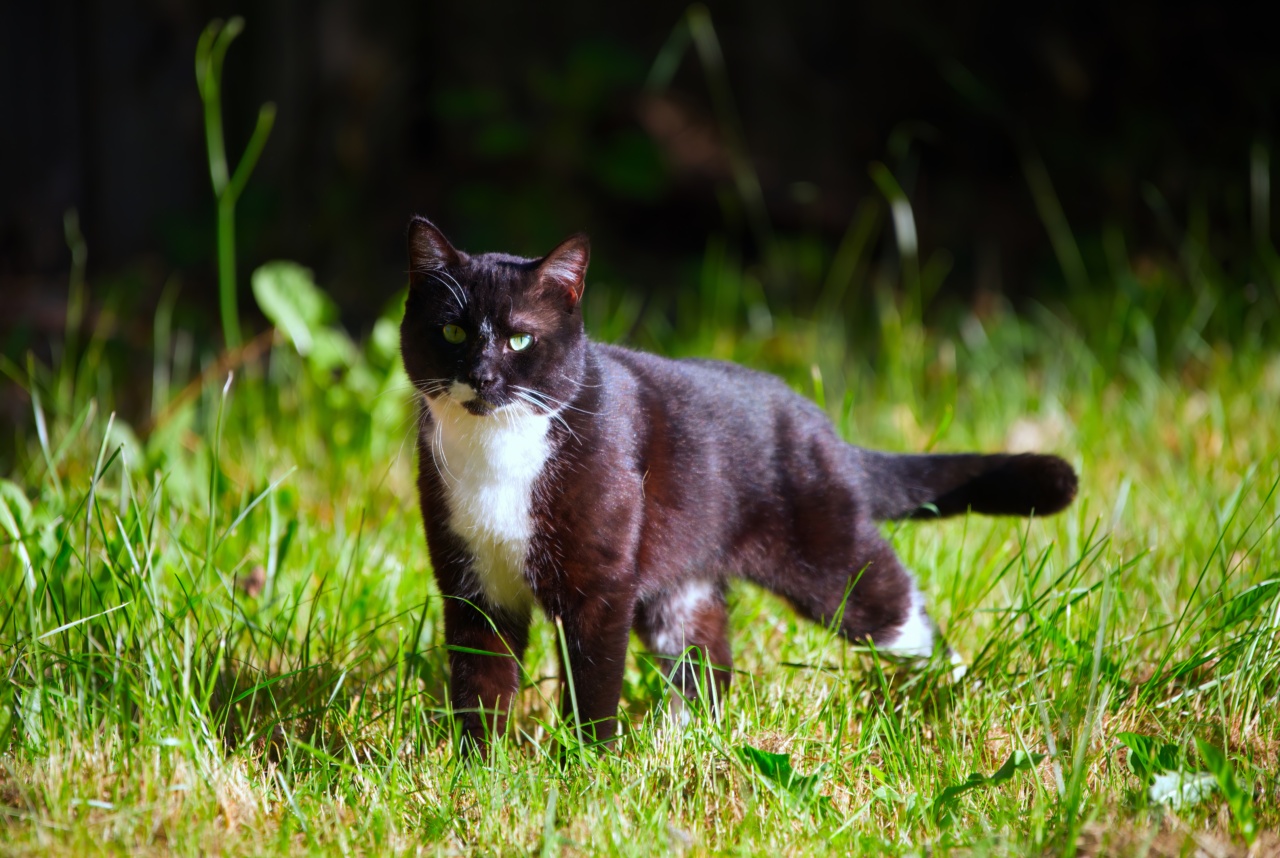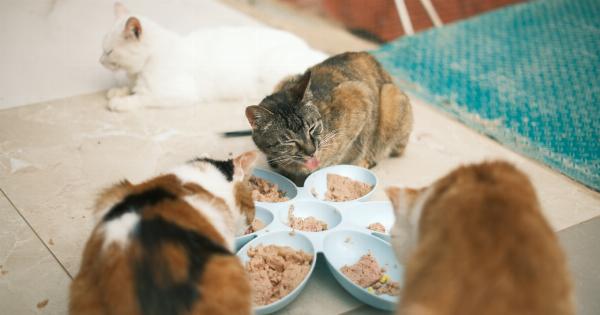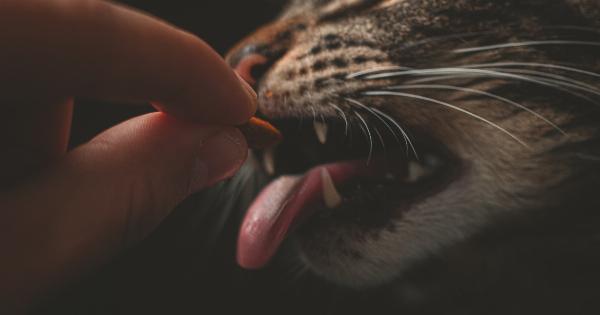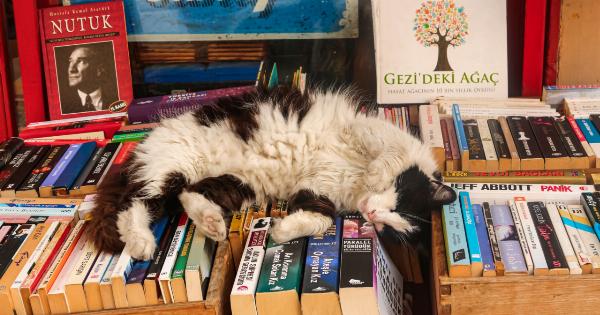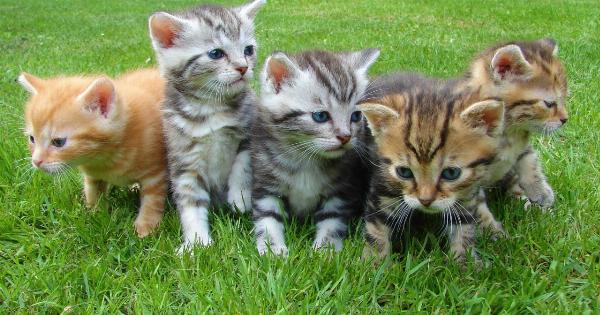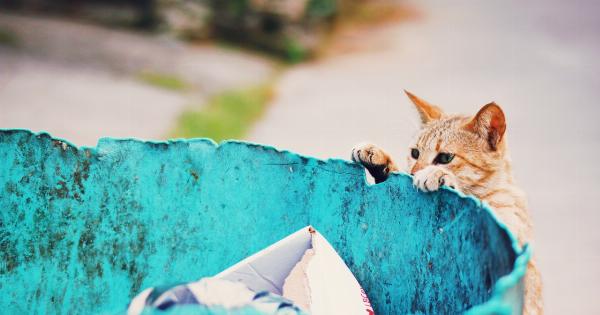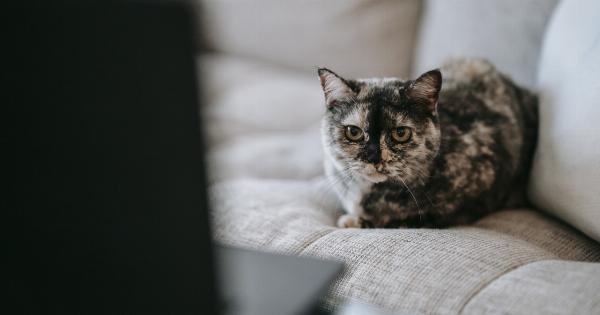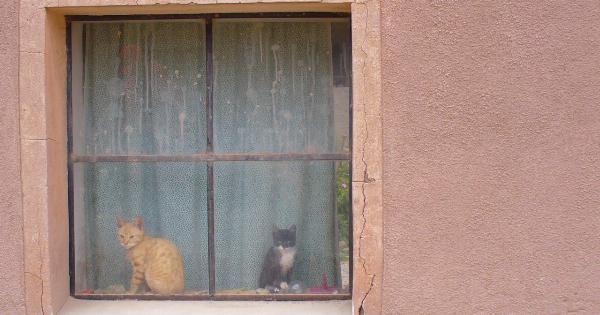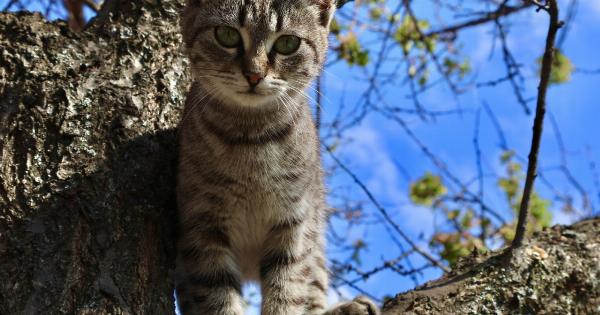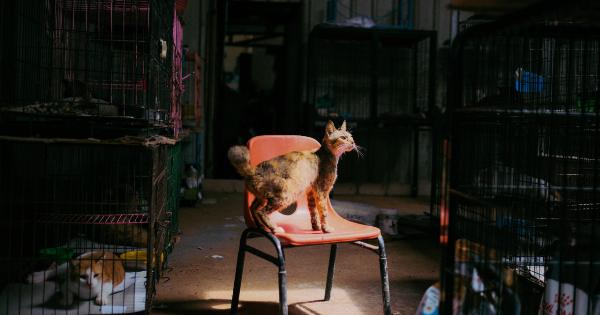Proper nutrition and feeding are essential for your cat’s overall health and wellbeing. While cats are known for their independent nature, it is the responsibility of cat owners to ensure their pets receive an adequate and balanced diet.
Underfeeding can lead to various health problems and may negatively impact your cat’s quality of life. In this article, we will discuss the signs that indicate your cat may be underfed and provide helpful tips on how to remedy the situation.
1. Changes in Weight
One of the most obvious signs that your cat might be underfed is a significant change in weight.
If you notice that your cat is losing weight rapidly or looks noticeably thin, it could be an indication that they are not receiving enough food or nutrients. Cats should have a healthy and proportionate body weight, so any sudden changes require attention.
2. Increased Food Obsession
Cats are known for their love of food, but if you observe a sudden increase in your cat’s food obsession or appetite, it could be a symptom of underfeeding.
When cats are not getting enough food, their bodies will naturally respond by seeking more food to compensate for the lack of nutrition. If your cat becomes overly fixated on mealtime or starts scavenging for food in unusual places, it’s a sign that their current diet might be insufficient.
3. Gastrointestinal Issues
Underfed cats are more susceptible to gastrointestinal problems.
If you notice frequent bouts of diarrhea, constipation, vomiting, or any other digestive issues, it could be an indication that your cat’s diet is not meeting their nutritional needs. Proper feeding ensures a healthy digestive system, and any disturbances may imply that adjustments in feeding routines or diet choices are necessary.
4. Dull Coat and Rough Skin
A cat’s physical appearance often reflects their overall health. If your cat’s coat appears dull, dry, or lacks luster, it might be due to an inadequate diet.
Essential nutrients, such as fatty acids, play a crucial role in maintaining a healthy and shiny coat. Also, underfed cats may have rough and dry skin, which can be a result of insufficient hydration or dietary imbalances.
5. Lethargy and Lack of Energy
Cats require a certain amount of calories to fuel their daily activities. When a cat is consistently underfed, they may lack the necessary energy levels to engage in physical play or other regular feline behaviors.
If you notice that your cat has become increasingly lethargic, spends most of their time sleeping, or seems uninterested in any form of play, it could be a sign that their diet is not providing enough energy.
6. Poor Muscle Condition
Insufficient protein intake can contribute to muscle wasting and poor muscle condition in cats. Protein is crucial for maintaining muscle mass and supporting their overall growth and development.
If you notice that your cat’s muscle tone has deteriorated or their muscles seem weak, it suggests that their diet lacks the necessary protein content required for optimal health.
7. Behavioral Changes
Cats are creatures of habit, and any significant changes in their behavior can indicate an underlying problem, including underfeeding. A well-fed and content cat typically displays consistent behavior patterns.
However, if your cat becomes increasingly irritable, aggressive, or shows signs of anxiety or stress, it might be linked to an inadequate diet. Proper nourishment is essential for a cat’s mental and emotional well-being.
8. Increased Vulnerability to Illnesses
When a cat is underfed, their immune system may weaken, making them more susceptible to various illnesses and infections.
If you notice that your cat is frequently falling ill, takes longer to recover from illnesses, or has a weakened immune system, poor nutrition could be a contributing factor. A well-balanced diet provides essential nutrients to support the immune system and helps cats fight off potential diseases.
9. Reduced Lifespan
Overall, underfeeding your cat can significantly impact their lifespan. Cats that are consistently deprived of proper nutrition are more likely to experience various health issues, leading to a reduced lifespan.
Providing your cat with a well-balanced diet throughout their life ensures they have the best chance of living a long and healthy life by preventing the development of diet-related diseases.
10. Consult a Veterinarian
If you suspect your cat might be underfed or if you notice any of the signs mentioned above, it is crucial to consult with a veterinarian.
They can perform a thorough examination of your cat’s health, assess their current diet, and offer tailored recommendations to ensure your cat’s nutritional needs are met. Nutritional deficiencies or imbalances can have serious consequences for your cat’s wellbeing, so professional guidance is invaluable.
